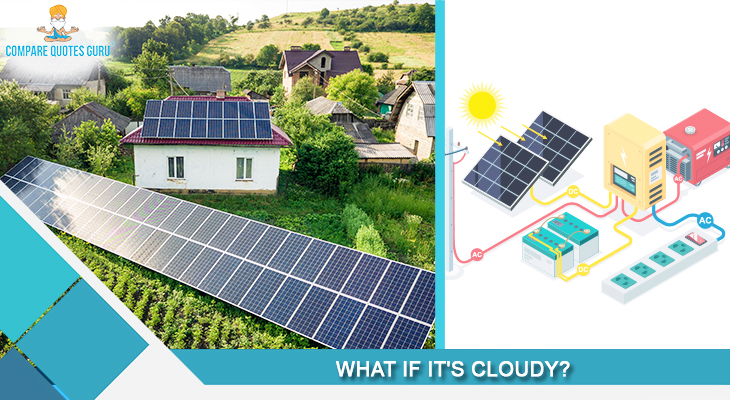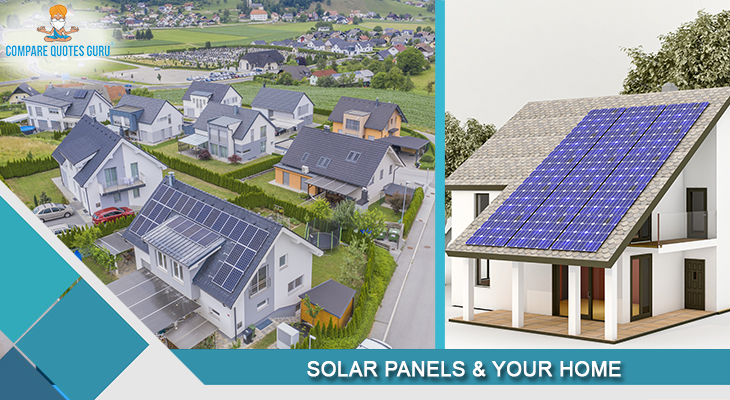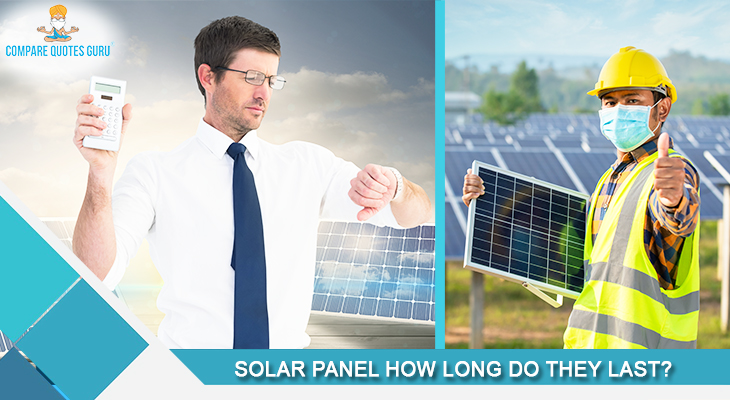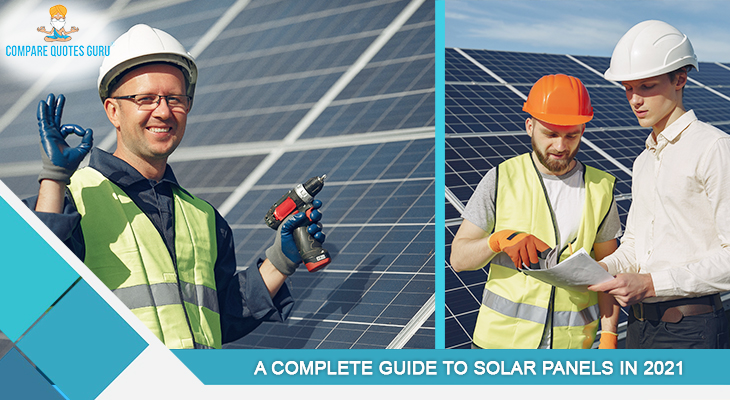Solar Panels Cost UK 2024
No matter where you live, solar panels are becoming more and more important day by day. The world needs more people who are investing in green energy, and it’s gaining popularity quickly for a good reason. Solar panels for home or business are one of the best eco-friendly options to save money on electricity and heat. A solar panel is a group of solar cells that are electrically connected and they work together to convert absorbed sunlight into energy. When you take a moment and consider the swap to solar energy, you are doing your part for the environment.
What Are Solar Panels?
As mentioned, solar panels are groups of solar cells put together to convert sunlight into electricity to power your home. They are made of photovoltaic (PV) cells and the electricity that is converted from the sunlight can be fed directly into the electricity supply of the house. The technology looks rather futuristic but the idea is actually centuries old! The basics of solar panel efficiency have greatly improved as technology has improved, and most solar panel UK suppliers will offer either PV cell panels or thermal panels. The thermal panels, however, are only used to heat water and not in the same way as the PV panels are.
So, How Do They Work?
Now that you know what solar panels are, it’s time to learn how they work. They’re one of the greenest ways to feed electricity into your home and it relies on sunlight to work. Does this mean that every day needs to be a clear, blue-sky day? Absolutely not! Daylight is all you need for your solar panels to work. The electricity that is generated by the solar panels will power your appliances that are in use within the house and any electricity you don’t use will be sent to the grid.
What If It’s Cloudy?

As we mentioned above, you don’t need clear, blue-sky days to get your solar panels absorbing sunlight. In the UK, clear blue skies are few and far between, and it’s not a place that is constantly bathed in sunshine. Solar panels may nod toward sunlight, but it doesn’t have to be direct. Cloudy days still produce more than enough sunlight to get your solar panels working, but it’s important to note that cloudy days DO have a negative effect on the amount of sunlight that your home will absorb. Cloudy skies diminish the capacity your solar panels have for electricity generation by 50% compared to the days of direct sunlight. Don’t panic, though: your solar panel will still be an adequate way to produce electricity.
Solar Panels & Your Home

Solar panels for home work really well for a large number of homes in the UK, despite the cloudy days. However, there are some roof types that really are not suitable for solar panels. Understanding whether you can invest in solar panel installation or not will help you to decide whether you are ready to invest in the solar panel cost uk you are quoted by the best solar panels provider around! Let’s take a look at some of the factors that you must consider:
- If you are renting your home, you are not allowed to install solar panels – unless your landlord agrees to it and arranges it. If you are a homeowner but your home is a leasehold option, then your freeholder has to contact the right solar panel company for information on getting them installed. Homeowners who have the correct roof type will be able to install solar panels without worry.
- Home Type. If you are living in a basement flat or you are living in a flat in the middle of the building, then solar panels may not work out for you. It’s easier to have solar panels installed if you live under the roof where they will be. Some roof types are not suitable, such as those on a listed building or in a conservation area. There are regulations that can sometimes pose a problem.
- Roof Direction. There are some solar panel companies that won’t install solar panels unless some of the roof is south-facing. However, speak to a range of companies and ask their opinion on your specific roofing type. Likewise, if your roof is shaded by other buildings or trees, it wouldn’t be ideal for you to spend the money on installing solar panels.
- Roof Size. Did you know that the more roof space you have, the better? Solar panels that cover more of the roof surface will absorb more sunlight from more angles and the size of your roof matters, too. It may not be worth the solar panels cost to install on a tiny roof!
Solar Panels & Your Electricity
Your current electricity flow will not be interrupted because you chose to use solar panels. You won’t notice the difference with your electricity as converted by the sun compared to the regular grid electricity but you will know that you are making a difference simply by having a greener method of electricity installed on your home. Solar panels don’t work as a replacement for your energy, but they do supplement your power from a much better source. If you generate too much, you can sell your energy back to the National Grid – another plus!
How Long Do They Last?

Solar panels are always on, and they have a life of around 25 years depending on the manufacturers’ performance guarantee. Some solar panels will continue to work for another 15 years beyond this timeframe. While you won’t need to completely replace the solar panels you have installed, you will need to replace the inverter of the panels after 12-15 years. Your solar panel installer will be able to talk you through this process.
Solar Panels & Planning Permission
Most of the time you won’t need permission for solar panels. However, as mentioned earlier, those in conservation areas who also have a listed building should check before they go for it. The last thing that you want to do is pay for an install only to be ordered to take them down.

